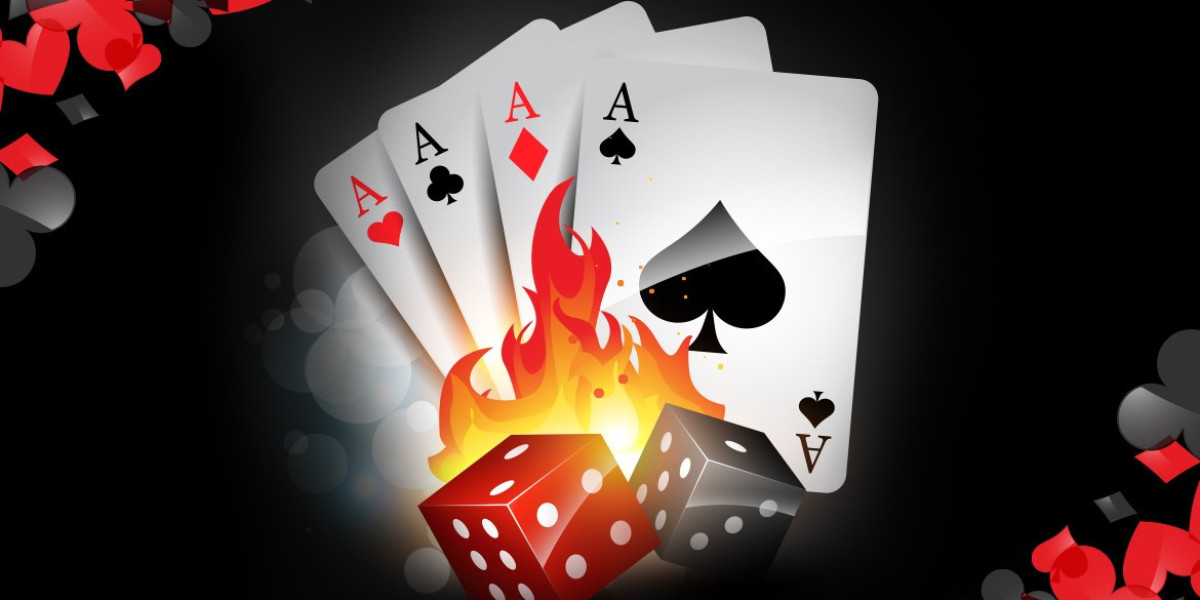This article delves into the psychological aspects that make Satta King an alluring pursuit for many, exploring the motivations behind participation and the potential consequences of engaging in this high-stakes game.
The Thrill of Uncertainty:
At the heart of Satta King lies the allure of uncertainty. The human brain, wired to seek novelty and excitement, finds a potent source of both in the unpredictable outcomes of speculative gaming. The sheer thrill of placing bets, the anticipation of the draw, and the possibility of winning big activate the brain's reward system, creating a rush of adrenaline that keeps participants coming back for more.
The Gambler's Fallacy:
One psychological phenomenon that often plays out in Satta King is the gambler's fallacy. This cognitive bias leads individuals to believe that past outcomes influence future results in a game of chance. Participants may fall prey to the misconception that if a certain number has not appeared recently, it is more likely to surface in the next draw. This irrational belief adds a layer of complexity to the game, contributing to the cycle of risk-taking behavior.
Escapism and Illusion of Control:
For some, engaging in speculative gaming like Satta King serves as a form of escapism from the challenges or monotony of daily life. The illusion of control over the outcome, even in a game primarily based on chance, provides a temporary respite from life's uncertainties. Participants may find solace in the idea that strategic bets and choices can influence their fate, offering a semblance of control over an otherwise unpredictable world.
The Dark Side: Addiction and Financial Implications:
While the allure of Satta King may be rooted in the thrill of uncertainty, the dark side reveals the potential for addiction and financial ruin. The dopamine release associated with winning reinforces a pattern of compulsive behavior, leading individuals to chase the high of a significant win. This pursuit can escalate to a point where financial losses outweigh any gains, plunging individuals into a cycle of dependence that is challenging to break.
Socioeconomic Impact:
The psychological aspects of Satta King have broader socioeconomic implications. Individuals caught in the grip of gambling addiction may experience strained relationships, job loss, and financial instability. The societal fallout includes increased crime rates, as desperate individuals may resort to illicit activities to fuel their gambling habits. Understanding the psychological vulnerabilities of participants is crucial for addressing the social impact of speculative gaming.
Addressing the Issue:
Recognizing the intricate interplay between the human psyche and Satta King is essential for developing effective interventions. Public awareness campaigns, educational programs, and mental health support services can play a pivotal role in helping individuals recognize the signs of addiction and seek assistance. Moreover, regulatory measures should consider the psychological factors at play while striking a balance between personal freedom and social responsibility.
Conclusion:
In the complex dance of risk and reward that defines Satta King, understanding the human psyche is paramount. As society grapples with the implications of speculative gambling, a holistic approach that considers the psychological motivations of participants is crucial. By addressing the intricate interplay between the thrill of uncertainty and the potential for addiction, policymakers and communities can work towards fostering a healthier relationship with risk, ensuring the well-being of individuals within the context of Satta King and similar speculative games.
